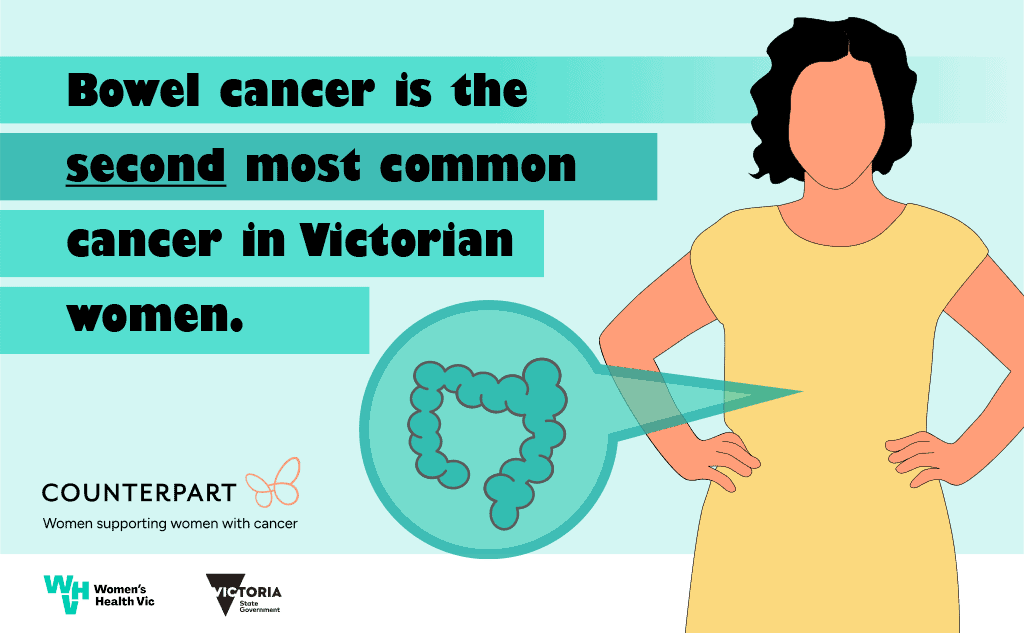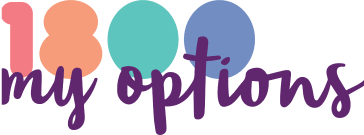What’s new – June 2024
What’s new in June, with links to support, information and other items of interest.
- June is Bowel Cancer Awareness Month
- NAIDOC Week 7–14 July
- Rare Cancers Awareness Day – June 26
- Head and neck cancer study
- Got a story to share about women’s health?
- Research Study: Chemotherapy and Sources of Side-effect Information
- Help improve care for people with endometrial cancer
- What happens when you’re diagnosed with a rare cancer? Podcast episode
June is Bowel Cancer Awareness Month
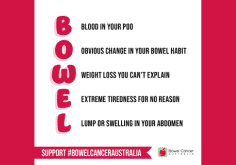
While the risk of bowel cancer increases with age, the disease doesn’t discriminate, affecting people of all ages. As Australia’s second deadliest cancer, it claims the lives of 103 Australians every week. However, it’s one of the most treatable types of cancer when detected early. Around 45.5% of all Australians diagnosed with bowel cancer are women of all ages. Diagnosis and treatment can affect aspects of women’s health including fertility. Learn more about bowel cancer and access support at the Bowel Cancer Australia website.
For information specific to women’s health visit the Bowel cancer in women – the facts webpage.
NAIDOC Week 7–14 July

NAIDOC Week is celebrated every year across Australia in the first week of July. It honors and acknowledges the history, culture and accomplishments of Aboriginal and Torres Strait Islander peoples. NAIDOC Week invites all Australians to explore First Nations cultures and histories and take part in festivities celebrating the world’s oldest continuous living cultures.
See how you can support this important awareness week and for opportunities to join local events in your area visit the NAIDOC week website.
Rare Cancers Awareness Day – June 26

1 in 4 cancers diagnosed in Australia are rare or less common. Due to their uncommon nature, rare cancers often present unique challenges in terms of diagnosis, treatment options, and access to specialised care and research. Rare Cancers Australia (RCA) offers information about various rare cancer types, provides resources for patients and caregivers, opportunities for community engagement, and initiatives aimed at advancing research and improving treatment outcomes.
Pledge your support for Rare Cancers Awareness Day or find support groups available on the RCA website.
Head and Neck cancer study
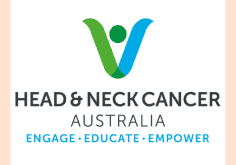
Have you been diagnosed with head and neck cancer within the last 5 years? Our friends at Head and Neck Cancer Australia shared this study that you might be interested in. The University of Sydney invites you to help them explore the factors that develop and maintain fears, worries or concerns about cancer coming back or getting worse, known as fear of cancer recurrence.
To express your interest in taking part in the research email Imogen Le Couteur, Bachelor of Science (Honours) student, for more information at [email protected].
Got a story to share about women’s health?
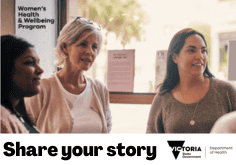
Sharing your story can help shape system reform and improve women and girls’ experience of health care in Victoria. If you are a woman, health care worker or carer, you are welcome to share your story anonymously or more publicly by way of interviews, podcasts and more. These stories will be used to promote the Victorian Government’s Women’s Health and Wellbeing program and Inquiry into Women’s Pain.
For full details and contact information view the flyer here.
Research Study: Chemotherapy and Sources of Side-effect Information
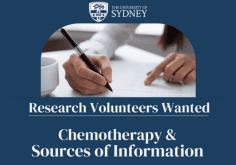
The University of Sydney is researching how the information individuals receive before starting chemotherapy influences their expectations and actual experiences of chemotherapy-related side effects. Participants will be asked about the sources of information they used (such as doctors, family, or social media) and the anticipated and experienced side effects from chemotherapy.
For more information, to check eligibility and for contact details see the Participant Information statement.
Help improve care for people with endometrial cancer

Do you or someone you know have experience with endometrial cancer? The stories, voices, and experiences shared as part of the Victorian Integrated Cancer Services (VICS) cancer consumer focus group are crucial for improving endometrial cancer services in Victoria. Participating in a brief phone call or online focus group will aid in identifying areas for improvement in these services. This will better address the needs of individuals affected by endometrial cancer and their caregivers. The findings from the focus group(s) will be presented at a VICS Optimal Care Summit in November.
To express you interest please email Helena Rodi at [email protected] or call 0412 611 713.
What happens when you’re diagnosed with a rare cancer? Podcast episode

The Conversation Hour on ABC Radio Melbourne features stories from those who have been diagnosed with a rare cancer plus information on the latest treatments and support available. The episode aims to shed light on the unique circumstances and issues surrounding rare cancer diagnoses, offering perspectives that may resonate with patients, caregivers, and anyone interested in understanding these less common forms of cancer.
